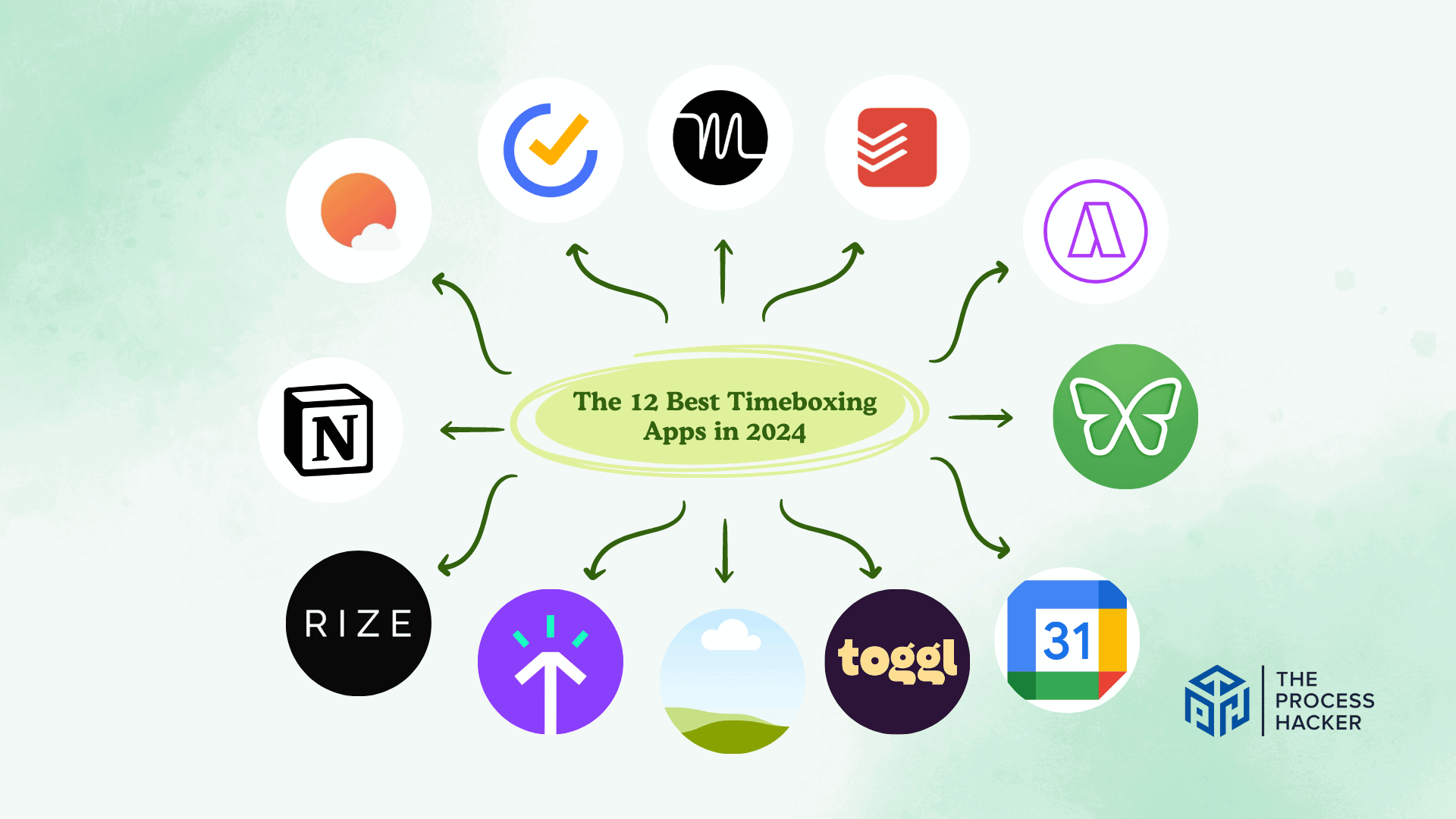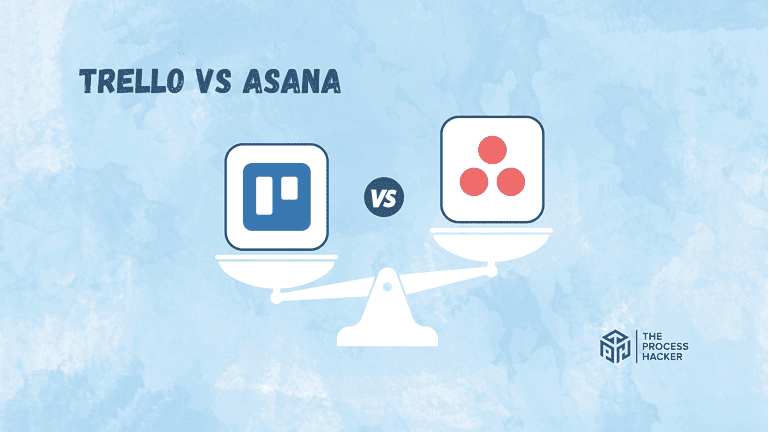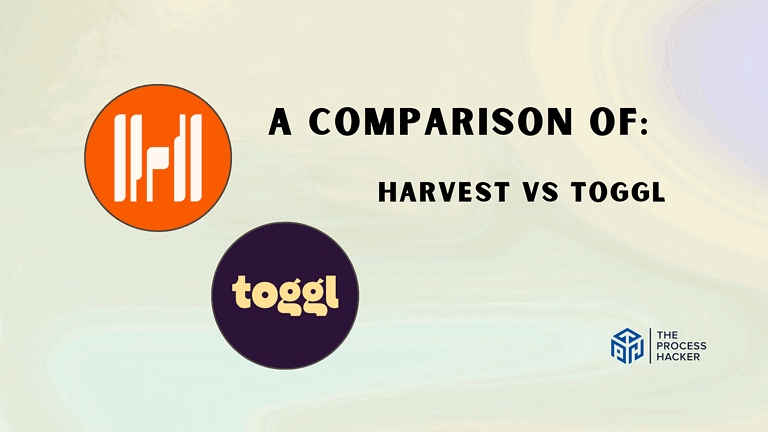SEO Metrics: The Ultimate Guide To Measuring Your SEO Efforts
Are you struggling to get your website ranking?
With SEO Metrics, you can measure the effectiveness of all your SEO efforts to ensure maximum success. We provide an ultimate guide to measuring your keyword performance, rankings, organic traffic, and more.
Find out how different metrics like content quality score or links from social media affect search engine algorithms – all in one place!
You’ll learn exactly what it takes to rank higher on Google and how to use the best SEO tools like Google Analytics, Ahrefs, and Surfer SEO to stand out among the competition – no technical knowledge is needed. Learn insider secrets and discover why trackable analytics are essential for the growth of any business online!
Check out this ultimate guide to measuring your SEO efforts today and start leveraging powerful analytics for maximum ROI tomorrow!
What Is Search Engine Optimization (SEO) and SEO Metrics?
SEO stands for Search Engine Optimization, a process of optimizing your website to improve its visibility and ranking in search engine results pages (SERPs).
An SEO metric is a quantitative measure used to evaluate the success of your SEO efforts.
In other words, you can track SEO metrics to show you where your website ranks on SERPs. These metrics vary from website traffic, bounce rate, click-through rate, conversion rates, and many more.
Whether you’re a seasoned marketer, a small business owner, or a blogger trying to increase your online visibility, understanding these metrics can be your key to success in the digital space.
What Are Search Engine Results Pages (SERPs)?
Search Engine Results Pages (SERPs) are the pages search engines display in response to a user’s query.
When you type something into Google, Bing, or any other search engine, the list of web pages, videos, images, and other content it shows you is a SERP. These pages are critical to your SEO applications because the higher your website appears on the SERP, the more visible it is to potential visitors.
Each SERP is unique, even for search queries performed on the same search engine using the same keywords. This is because search engines customize the experience for each one of their users, considering factors like location, browsing history, and social settings.
Understanding SERPs and how they work is a key part of mastering SEO. By optimizing your site to appear higher in SERPs, you can increase your visibility, attract more organic traffic, and ultimately achieve your SEO goals.
Why Should You Measure Key SEO Metrics?
These metrics provide insights into how well you optimize your website for better search engine rankings based on how search engines like Google or Bing perceive your website.
Measuring your SEO metrics is crucial because it tells you whether your SEO strategies work. It’s not just about getting traffic to your site; it’s about getting the right kind of traffic. For example, you want visitors who are genuinely interested in what you offer, who engage with your content, and who, ideally, convert into customers or clients.
These metrics also help you identify areas of improvement. Without them, you’re essentially flying blind, unable to see what’s working and what’s not.
They act as a compass, guiding your SEO efforts in the right direction and helping you understand if you’re achieving your goals. Understanding SEO metrics is crucial if you want to stay relevant in your niche, improve the user experience, and increase organic traffic.
The 15 SEO Metrics to Track to Drive Traffic
So, as we move forward, I’ll guide you through the most important SEO metrics and KPIs you should focus on. Together, we’ll explore how to measure, interpret, and use this information to make your website visible and achieve success in search engine results.
Let’s explore the 15 key metrics that are crucial in your journey to your SEO success:
#1) Domain Rating (DR) or Domain Authority (DA)
Domain Rating (DR) or Domain Authority (DA) estimates how well a website will likely rank in search engine results on a scale from 0 to 100.
Think of it as a scorecard for your website’s credibility and strength in the digital world. DR, developed by Ahrefs, or DA, developed by Moz, assesses factors like the number and quality of backlinks to gauge how authoritative search engines perceive your site.
Higher scores in these metrics usually correlate with a greater ability to rank higher in search engine result pages, making them essential for how competitive your site is compared to competitor sites in your industry.
#2) Indexed Pages
Indexed Pages are the number of your website’s pages that a search engine, primarily Google, has added to its index.
This is crucial because if your pages are indexed, they can appear in search results, leading potential visitors to your site. You should think of each indexed page as a door opening into your website, increasing the chances for you to engage with your audience.
You can use Google Search Console to check which pages are indexed regularly. Knowing your index pages helps you understand how many pages of your website are visible on search engines.
#3) Impressions
Impressions are how often your website pages have appeared in search results for a given period (day, month, year, etc).
It’s like a counter for whenever someone can see your website link in their search queries. While impressions don’t mean the user clicked on your site, they’re important because they indicate your content’s visibility and potential reach.
Monitor your impressions using Google Search Console. It helps you understand how often your target audience sees your site in searches. This can also help you identify changes in your website’s positioning or visibility over time.
#4) Overall Website Traffic or Page Views
Overall Website Traffic, or Page Views, reflects the number of pages visited on your website from any source in a given period.
Monitoring your website’s organic traffic can offer insights into your content’s popularity, the effectiveness of your SEO strategies, and your audience’s interest level. It’s like a pulse check on your website’s health, giving you a broad view of its visibility and reach.
Each click represents a user who found your site through a search query, social media, email marketing, or other traffic sources. By tracking overall website traffic, you can determine your target audience and the best marketing sources to bring them to you.
#5) Organic Search Traffic or Organic Clicks
Organic Search Traffic or Clicks is the number of visitors who come to your site, mainly from Google Search, in a given period.
This metric shows the number of users who clicked on your website link in search results. It indicates how effective your website is at attracting organic traffic from search engines, especially Google Search.
You can use tools like Google Analytics or Ahrefs to track your organic search traffic. These tools provide detailed insights into the sources and behavior of your organic traffic. By monitoring this metric, you can identify any changes or trends in your website’s performance and make necessary adjustments to improve your SEO strategy to rank higher.
It’s also important to note that not all clicks will result in conversions or lead to sales. In fact, only about 5% of clicks actually lead to a purchase.
#6) Click-Through Rate
Click-Through Rate (CTR) measures the percentage of how many people click on your website’s link after seeing it in search engine results.
It’s calculated as a percentage by dividing the total number of clicks your link receives by the total number of impressions (how many times your link was shown in the search results).
A higher CTR shows that your page titles and descriptions are appealing and relevant to your target audience. Meanwhile, a lower CTR means your title and meta description are unappealing and irrelevant to your user’s search intent.
Tracking your CTR can help you understand how well your content resonates with users and attracts them to your website.
#7) Bounce Rate
Bounce Rate measures the percentage of visitors who land on your website and leave immediately without interacting further or visiting other website pages.
It’s calculated as a percentage by dividing the number of people who leave immediately without interaction by the total number of clicks your link receives.
A high bounce rate indicates that your site isn’t resonating with visitors—they might not find what they’re looking for, or the page might not be user-friendly. Meanwhile, a low bounce rate means that the user has probably seen the content they were looking for to answer their search intent.
By tracking your bounce rate, you can gain insights into user behavior to improve your site and encourage more engagement. Remember, the goal is to keep visitors interested and engaged so they stay on your website.
#8) Website Sessions or Visitors
Sessions or Visitors count the number of times someone uniquely visits your website in a given period.
Each session is a unique visit that starts when someone lands on your site, engages with your content, and ends when they leave or become inactive.
This metric is key because it tells you how many actual people are coming to your site and how they’re interacting with it. Think of sessions as a window into the user’s journey on your website, providing valuable insights into the engagement and effectiveness of your content and SEO works.
#9) Average Pages per Session
The Average Pages per Session shows how many pages, on average, visitors view during a single session on your website.
It’s a key indicator of how engaging and compelling your content is. When you see a higher number of pages per session, it shows your audience finds more and more of your content compelling, which encourages them to explore further.
This metric helps you gauge the depth of audience engagement and how effective your internal linking strategy is. You can improve the Average Pages per Session by enhancing the content to keep your audience engaged and interested in what your website offers.
#10) Average Session Duration
The Average Session Duration measures how much time, on average, visitors spend during a single session on your website.
The metric shows how captivating and relevant your content is to your audience. The longer the duration, the more likely that your website visitors are engaged and interested in what they’re finding on your site.
Similar to Average Pages per Session, this metric is vital for understanding the quality of user experience and the effectiveness of your content in holding the audience’s attention. You can improve the Average Session Duration by optimizing the user experience to keep your audience spending more and more time on your website.
#11) Conversions
Conversions refer to the number of visitors who take a desired action on your website.
This could be anything from purchasing, filling out a form, downloading a lead magnet, or signing up for a newsletter. Tracking conversions is important because it shows how effective your website is at encouraging visitors to complete a desired action, specifically spending money on your products or services.
SEO is about more than just driving traffic to your site. It’s about turning that organic traffic into tangible results and revenue in your pocket. By monitoring your conversion rate, you can identify which parts of your sales copy are working and what needs improvement.
#12) Organic Traffic Value
Organic Traffic Value estimates how much it would cost to rank for the keywords you’re currently ranking for organically if you were to pay for them through Google Ads.
It’s a great way to understand the value of your SEO work in monetary terms. Essentially, you can rank right up there with those paying for advertising.
You can track Organic Traffic Value in an SEO tool, like Ahrefs or SEMRush. By monitoring this metric, you can get a clear idea of the worth of your organic search presence and the effectiveness of your SEO strategies.
#13) Organic Keyword Rankings
Organic Keyword Rankings refer to the number and position of your website keywords on SERPs when a user searches for specific keywords.
Monitoring your organic keyword rankings lets you understand which keywords drive organic traffic to your site and which might need more attention. If you rank highly for relevant keywords, more people will likely see and click on your site in search results.
It’s crucial to remember that while high rankings are great, what truly matters is ranking for the right keywords – those that your target audience is actively searching for. You can tweak your SEO strategy to drive more organic traffic to your website by improving the number of keywords that rank.
#14) Backlinks
Backlinks, or inbound links, are links from another website that link to your page.
They’re like the internet’s version of a thumbs-up or a high-five – a sign that other sites support your content. Other websites link to your pages when they want to share your content because it provides value.
Keeping track of your backlinks using a tool like Ahrefs is crucial as they are a key ranking factor that demonstrates authority for most search engines, especially Google. Thus, a higher number of high-quality backlinks can improve your website’s search engine rankings.
But remember, not all backlinks are created equal. You want high-quality, relevant sites linking to you, not spammy, low-quality ones. It’s the difference between a trusted expert’s recommendation and a random creepy stranger’s recommendation.
#15) Referring Domains

Referring domains are the number of other websites linking to your site.
Referring domains are a subset of backlinks, showing the number of unique websites that link to you. For example, you can have multiple backlinks from a single referring domain.
Similarly to backlinks, this metric is not just a vote of confidence from other websites but also plays a significant role in search engine rankings.
Tracking the number and domain authority of your referring domains can give you a better understanding of your own site’s authority. If high-quality, relevant websites link to your content, it signals to search engines that your site is a trusted source of information.
Key Considerations For Successfully Using SEO Metrics
There’s more to SEO metrics to track than just tracking numbers. It’s about understanding what those numbers represent and how they relate to your website’s overall performance.
- It’s essential to remember that SEO is a long-term game. Fluctuations are normal and can be due to numerous factors, some of which are beyond your control. So, take your time with day-to-day changes. Instead, focus on improving trends over time.
- No single metric can give you a complete picture of your SEO performance. Each one provides a piece of the puzzle. Therefore, it’s crucial to consider multiple SEO metrics together. For instance, high organic traffic is significant, but you might need to revisit your strategy if it’s not converting or if the bounce rate is high.
- Always align your important SEO metrics with your business goals. If you aim for brand awareness, organic traffic and impressions might be the most relevant metrics. If conversions are your priority, you’d want to focus more on metrics like conversion rate and goal completions.
Remember, monitoring these metrics aims to gain insights that can help you optimize your website for better visibility, engagement, and conversions.
How To Use Important SEO Metrics For Your SEO Strategy
To truly leverage the power of SEO metrics, you need to think beyond just tracking them. You can try out different marketing analytics tools like Google Analytics and Search Console. It’s about analyzing these metrics, understanding what they signify, and using these insights to enhance your strategy.
For instance, if you notice a high bounce rate on a particular page, don’t just note it down. Dig deeper to understand why users are leaving that page quickly. Is the content not relevant? Is the page loading too slowly? Once you identify the issue, take corrective steps to improve user experience and keep visitors engaged.
Similarly, if your organic traffic is growing but conversions are stagnant, it might be time to reassess your keyword rankings strategy. Perhaps you’re attracting visitors who are looking for information but need more time to be ready to buy. In this case, you should target more transactional keywords to attract users with purchase intent.
The ultimate goal of tracking SEO metrics is not just to measure your performance but to continually optimize and improve. So, keep monitoring your metrics. Use them as a springboard for strategic improvements that boost your SEO results.
Get The Right SEO Tools
One critical step in leveraging SEO metrics effectively is equipping yourself with the right SEO automation tools. The following tools give you feedback on how your site is doing and what you can do to improve its SEO.
Google Search Console
Google Search Console is a free tool provided by Google that is designed to help you monitor, maintain, and troubleshoot your site’s presence in Google Search results.
Google Search Console gives you a peek behind the curtain, showing you how Google views your site and how it appears in search results. This is where you can find out which pages are indexed, understand your site’s organic search performance, and see which queries bring users to your site.
Using Google Search Console, you can keep track of your site’s search performance, optimize your ranking, and make informed decisions about your site’s search presence. It’s an essential tool in your SEO arsenal, and mastering it can give you a significant edge in optimizing your site for better search visibility.
Google Analytics
Google Analytics is a powerful, free tool that measures your website’s performance and user information.
When integrated with your website, it collects valuable data about your site visitors and their behavior. You can see where your traffic is coming from, which pages are most popular, how long visitors stay on your site, and even what type of devices they use to access your site with Google Analytics.
But that’s just scratching the surface. With Google Analytics, you can dive deep into your data, gaining insights that can help you refine your SEO strategies and improve your site’s performance.
SEO isn’t a set-it-and-forget-it strategy. It requires regular monitoring and adjustments based on data. By understanding and tracking your other SEO metrics using tools like Google Analytics, you can ensure your SEO applications steer you in the right direction.
Ahrefs
Ahrefs is one of the best SEO tools out there to help you improve your website’s ranking.
Ahrefs allows you to monitor your website’s ranking for specific keywords over time. This can give you a clear understanding of how well your SEO works are paying off.
But Ahrefs isn’t just about tracking your rankings. It also provides detailed keyword analysis, backlink data, and competitive analysis. These features can help you identify new opportunities, understand what’s working (and what’s not), and stay ahead of the competition.
Surfer SEO
Surfer SEO provides deep insights and actionable advice to optimize your website’s content for better search engine performance.
Surfer SEO helps you delve into the nitty-gritty of your website’s content, examining factors like structure, word count, and even the context of your keywords. Then, use the analyses to improve your content to match what search engines consider high-quality and relevant for your target keywords.
Moreover, Surfer SEO helps you keep an eye on your competitors. You can see what they’re doing right, learn from their strategies, and apply these insights to your website. It’s like having a spyglass to observe your competition and adapt your tactics accordingly.
Remember that tools like Google Search Console, Google Analytics, Ahrefs, and Surfer SEO are just that – tools. They provide data and insights, but it’s up to you to interpret and use this information to improve your strategy.
Alternative KPIs: Important Metrics In Other Business Areas
While we often focus on standard SEO metrics like organic traffic and conversion rate, there are alternative metrics in other business areas that can provide additional insight into your performance.
For instance, opt-in registrations can be a powerful metric for measuring the effectiveness of your content marketing or webinar efforts. A high number of opt-in registrations indicates that your content is not only attracting visitors but also compelling them to engage further with your brand.
Social media impressions, another alternative metric, can help you understand your brand visibility on social media. While not directly related to conversions, a high number of impressions suggests that your brand is reaching a broad audience, which can lead to increased brand awareness and recognition.
Finally, consider looking at unique visitor rates. This can provide insight into your audience’s diversity and your content’s reach. A high unique visitor rate suggests that your content attracts a wide range of users from different geographic locations and backgrounds rather than just repeat visitors.
These alternative metrics can complement your traditional SEO metrics, providing a more holistic view of your performance.
Final Thoughts on SEO Metrics
As we wrap up this guide, it’s crucial to remember that the power of SEO metrics lies in their application. They are tools to help you understand your online presence, assess the effectiveness of your strategies, and identify improvement opportunities.
With years of experience building “The Process Hacker” website, I’ve seen firsthand how the right understanding and use of SEO metrics can transform a business’s online presence. By sharing this knowledge with you, my goal is to empower you to make informed decisions that drive your business forward.
The world of SEO is dynamic and ever-changing. Stay curious, keep learning, and don’t hesitate to revisit your strategies based on what your metrics are telling you. Here’s to your success in your SEO strategy!















